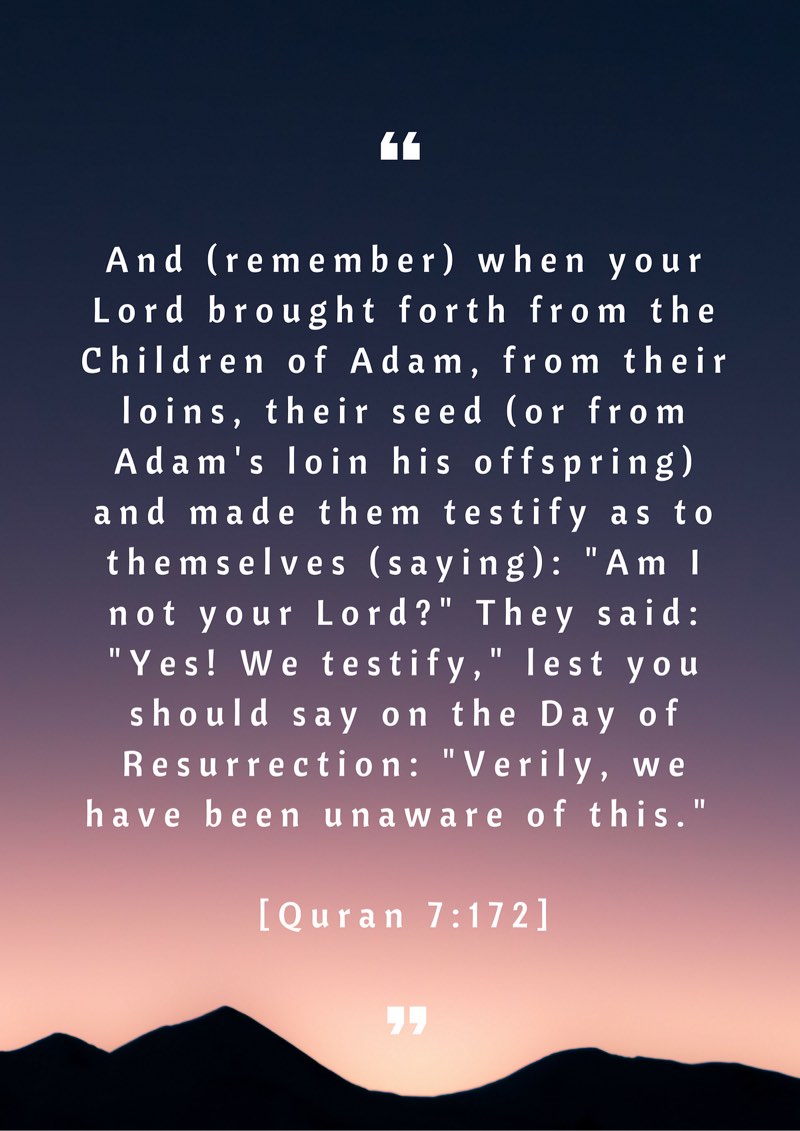According to the Jewish viewpoint, which holds more validity: Christianity or those who adhere to Noahide laws?
This is a complex and sensitive question that does not have a simple answer. Different Jewish sources and authorities may have different opinions and perspectives on this issue. However, I can provide a general overview of the Jewish viewpoint on Christianity and those who adhere to Noahide laws.
Noahide laws refer to the seven basic moral laws that God revealed to Noah after the flood, as recorded in the book of Genesis. These laws are: to establish courts of justice, to refrain from blasphemy, idolatry, adultery, murder, theft, and eating the blood of a living animal.
According to the Talmud, these laws are binding on all humanity, and anyone who observes them is considered righteous and assured of a portion in the world to come. Judaism does not require or expect non-Jews to convert to Judaism, but rather to follow the Noahide laws as a valid way of life.
Christianity, on the other hand, is viewed by Judaism as a form of idolatry, since it worships Jesus as God in human form, and ascribes divinity to the Holy Spirit and the Virgin Mary.
Judaism rejects the Christian concept of the Trinity, the incarnation, the atonement, and the New Testament as incompatible with the monotheism and the revelation of the Torah.
Judaism also does not accept the claim that Jesus is the Messiah, since he did not fulfill the prophecies and criteria that the Jewish tradition expects from the Messiah.
Therefore, from a Jewish viewpoint, those who adhere to Noahide laws hold more validity than Christianity, since they uphold the universal covenant that God made with Noah and his descendants, and do not violate the prohibition of idolatry.
However, this does not mean Judaism does not respect or appreciate the ethical and spiritual values that Christianity has contributed to the world, or that Judaism does not seek dialogue and cooperation with Christians on matters of common concern. Judaism recognizes that God has a plan for all nations and peoples, and that there are many paths to God and truth.

